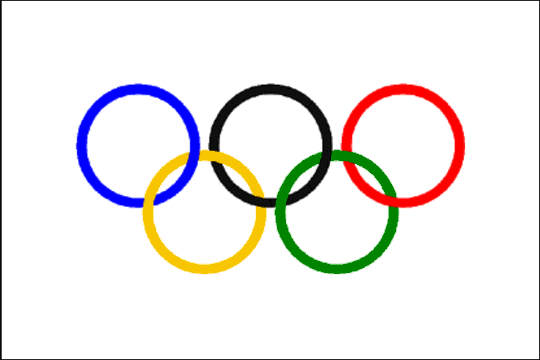Lausanne – Switzerland, Dec 05: The Executive Board of the International Olympic Committee (IOC) today announced that four athletes who won medals at the Athens 2004 Olympic Games have been disqualified after further analysis of their stored samples resulted in adverse analytical findings.
The four athletes are Yuriy Bilonog (1st, men’s shot put; Ukraine), Svetlana Krivelyova (3rd, women’s shot put; Russia), Ivan Tsikhan (2nd, men’s hammer throw; Belarus), and Iryna Yatchenko (3rd, women’s discus throw; Belarus).
In all four cases, the IOC Executive Board has ordered the relevant National Olympic Committees to return to the IOC, as soon as possible, the medals and diplomas awarded to the athletes.
The full decisions can be found via the following links:
• Yuriy Bilonog (oxandrolone metabolite)
• Svetlana Krivelyova (oxandrolone metabolite)
• Ivan Tsikhan (methandienone metabolite)
• Iryna Yatchenko (methandienone metabolite)
In addition, the IOC notes that one pending case remains.
The IOC stores samples for eight years after each edition of the Games so they can be re-tested should more sophisticated detection methods become available or new substances be added to the list of banned substances.
The IOC, in close collaboration with the World Anti-Doping Agency, decided to further analyse a number of samples from the Athens Games as a result of targeted testing based on intelligence and new methods. —- IOC
The four athletes are Yuriy Bilonog (1st, men’s shot put; Ukraine), Svetlana Krivelyova (3rd, women’s shot put; Russia), Ivan Tsikhan (2nd, men’s hammer throw; Belarus), and Iryna Yatchenko (3rd, women’s discus throw; Belarus).
In all four cases, the IOC Executive Board has ordered the relevant National Olympic Committees to return to the IOC, as soon as possible, the medals and diplomas awarded to the athletes.
The full decisions can be found via the following links:
• Yuriy Bilonog (oxandrolone metabolite)
• Svetlana Krivelyova (oxandrolone metabolite)
• Ivan Tsikhan (methandienone metabolite)
• Iryna Yatchenko (methandienone metabolite)
In addition, the IOC notes that one pending case remains.
The IOC stores samples for eight years after each edition of the Games so they can be re-tested should more sophisticated detection methods become available or new substances be added to the list of banned substances.
The IOC, in close collaboration with the World Anti-Doping Agency, decided to further analyse a number of samples from the Athens Games as a result of targeted testing based on intelligence and new methods. —- IOC


Leave a Reply
You must be logged in to post a comment.